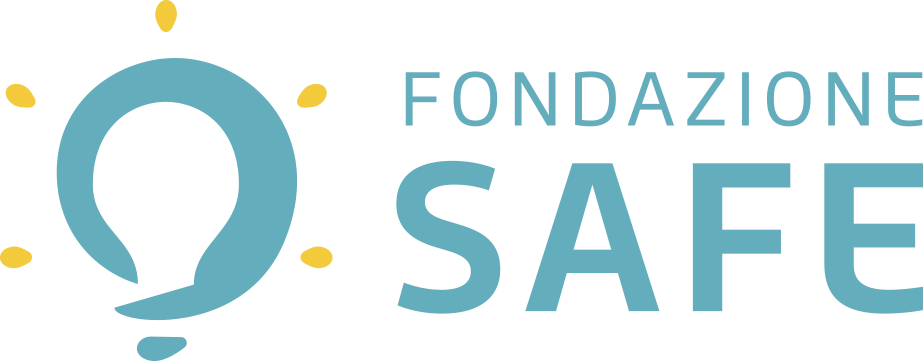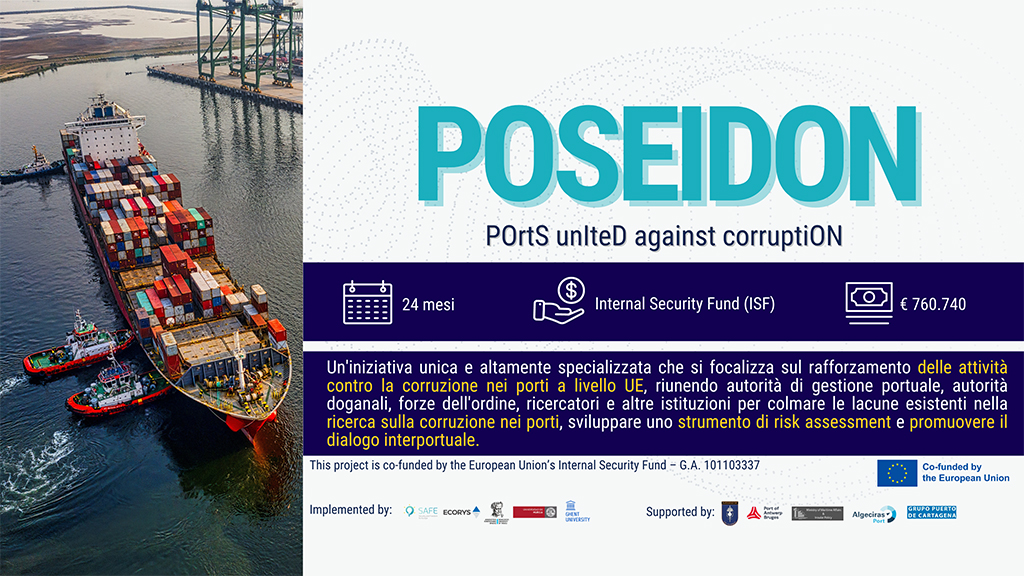The fight against corruption is a priority for the current and future security of the EU. Corruption is recognised both as an enabler of organised crime as well as a central part of the modus operandi of organised crime groups, and as such is a key threat to be addressed.
Within the various sectors infiltrated by corruption, the maritime sector is one the deserves particular attention. Ports in Europe and around the world have become large, efficient logistics centres used by organised crime to transport (il)licit substances from producing countries to consumer markets, with Europe amongst the primary destinations. However, corruption in ports remains both a largely under-researched and under-investigated issue. There is little literature, and few empirical studies exist. Similarly, initiatives to bring together public and private stakeholders in ports to identify ways to tackle corruption and exchange and disseminate best practices remain limited, in particular within the EU.
Against this background, Fondazione SAFE’s newly awarded project POSEIDON – funded under the European Commission’s Internal Security Fund programme, G.A 101103337 – seeks to enhance EU level actions against corruption in the ports sector, with a particular focus on corruption in major European ports.
Throughout its 24 months of implementation and with an overall budget of 760.740,04 Euros, project POSEIDON seeks to bring together in a unique manner governmental stakeholders (port management authorities, customs authorities, etc.), relevant (private) port stakeholders, law enforcement agencies, and research institutes and networks with a view to filling existing gaps in research on corruption in ports, develop targeted port integrity/risk assessment tools, and foster inter-port dialogue.
The POSEIDON project will be implemented by a consortium of five expert partners, under the leadership of Fondazione SAFE: Ecorys, the University of Ghent, the University of Murcia, and the Democritus University of Thrace. POSEIDON can also already count on the formal support of directly relevant port stakeholders – such as, inter alia, the Port of Algeciras, the Port of Antwerp-Bruges, and the Greek Ministry of Maritime and Insular Policy – as well as key law enforcement authorities such as Europol and the European Gendarmerie Force.
Throughout the project’s lifetime, consortium partners and supporting stakeholders will come together to document vulnerabilities in the supply chains of European ports, identify good practices and solutions to prevent corruption, including through the development of recommendations for an EU Port Supply Chain Integrity Standard, and foster dialogue and exchange between relevant stakeholders. To this end, six thematic inter-port dialogues will be organised during the project – three per year – bringing together key actors involved in the fight against corruption in ports to exchange information, and discuss experiences and challenges, as well as good practices.
The involvement of relevant stakeholders throughout the life-cycle of the project, and in particular through these thematic dialogues, will allow to foster the establishment of a unique EU Network of public-private stakeholders, with the goal of strengthening information exchange, cooperation and facilitating transferability of anti-corruption good practices.
As Project Coordinator, SAFE will have the crucial role of ensuring smooth and successful project implementation. Not only this, SAFE will be directly responsible for the implementation of the six inter-port dialogues and the setting up and management of the Network of Stakeholders, a vital task required to ensure long-lasting impact and sustainability of this initiative.
Stay tuned to discover more about project POSEIDON’s work!

